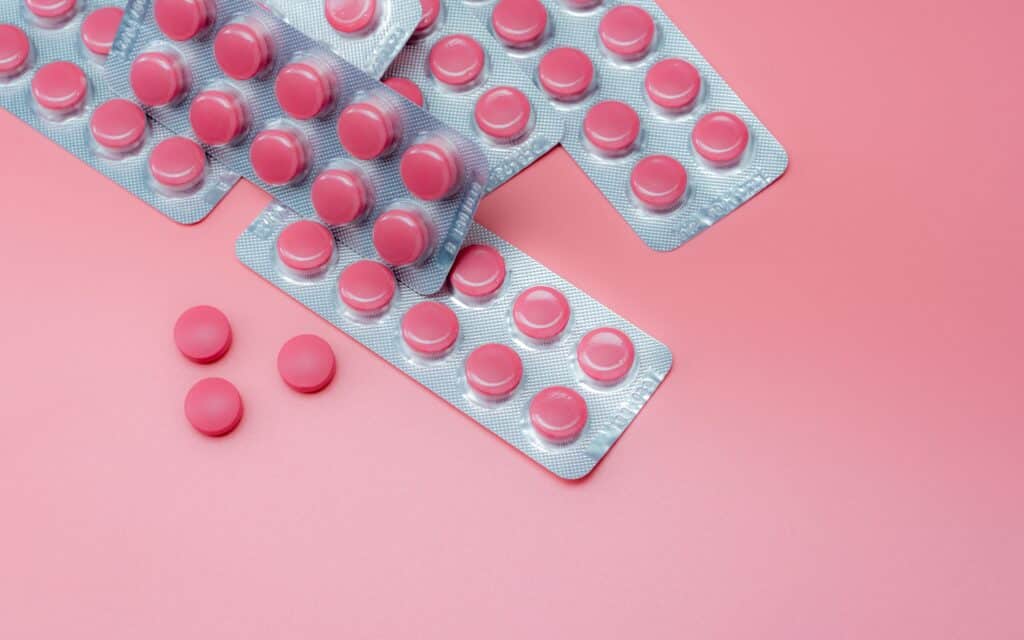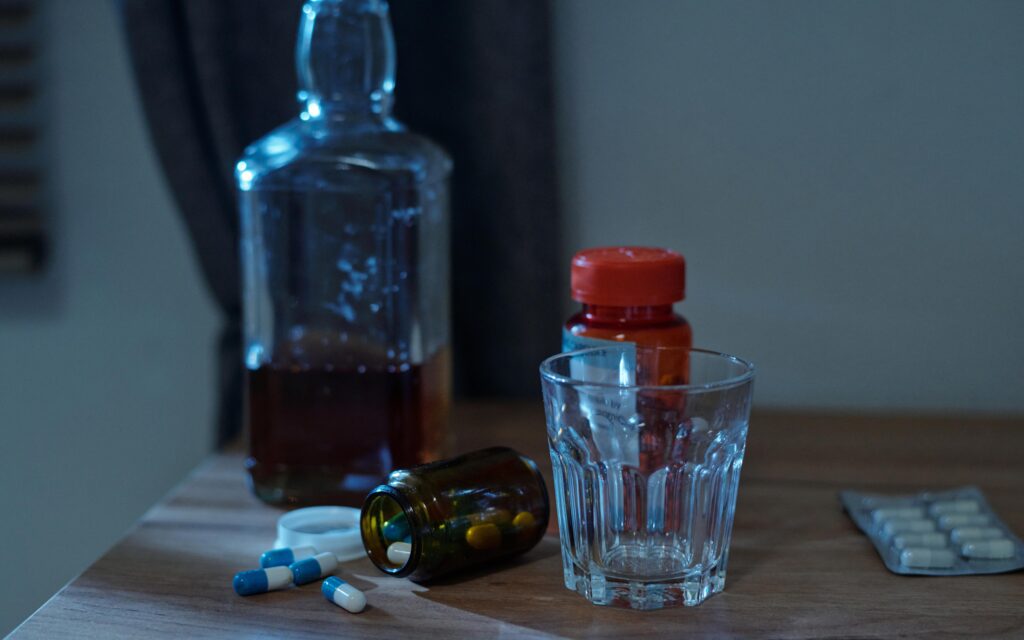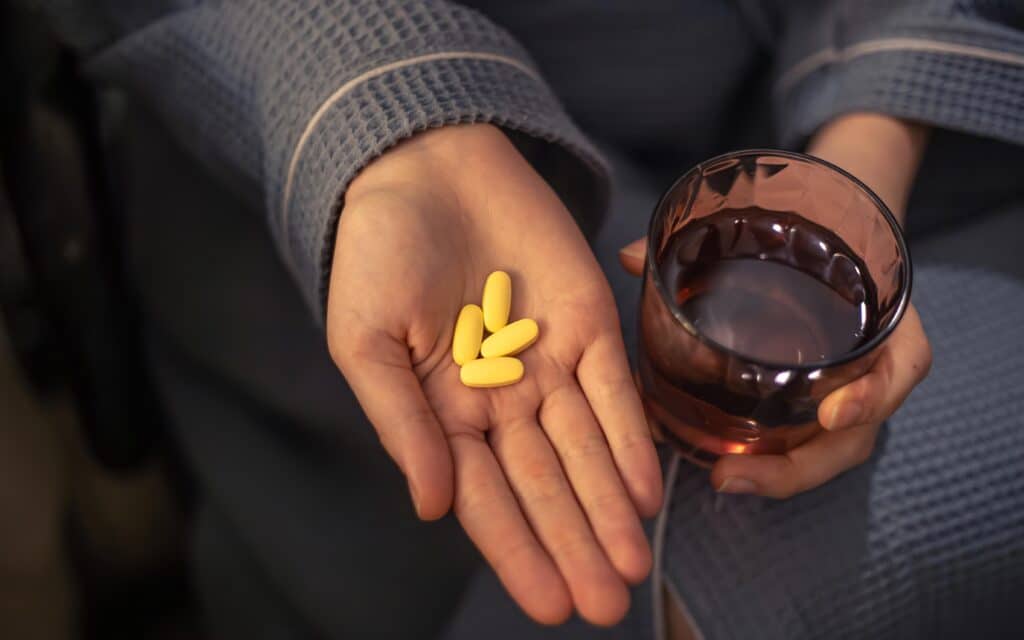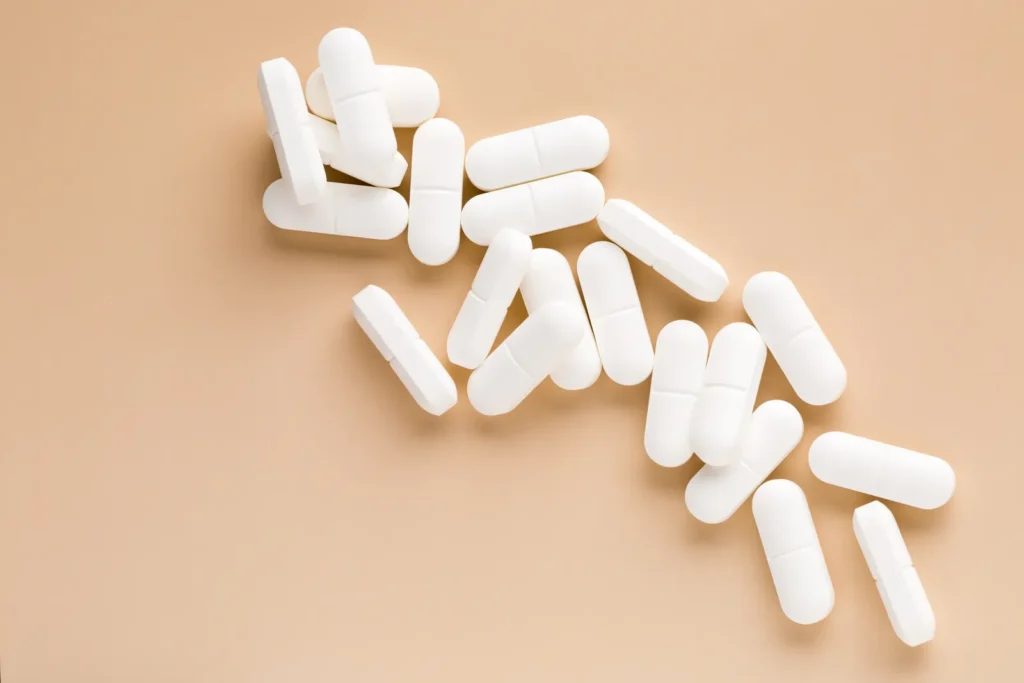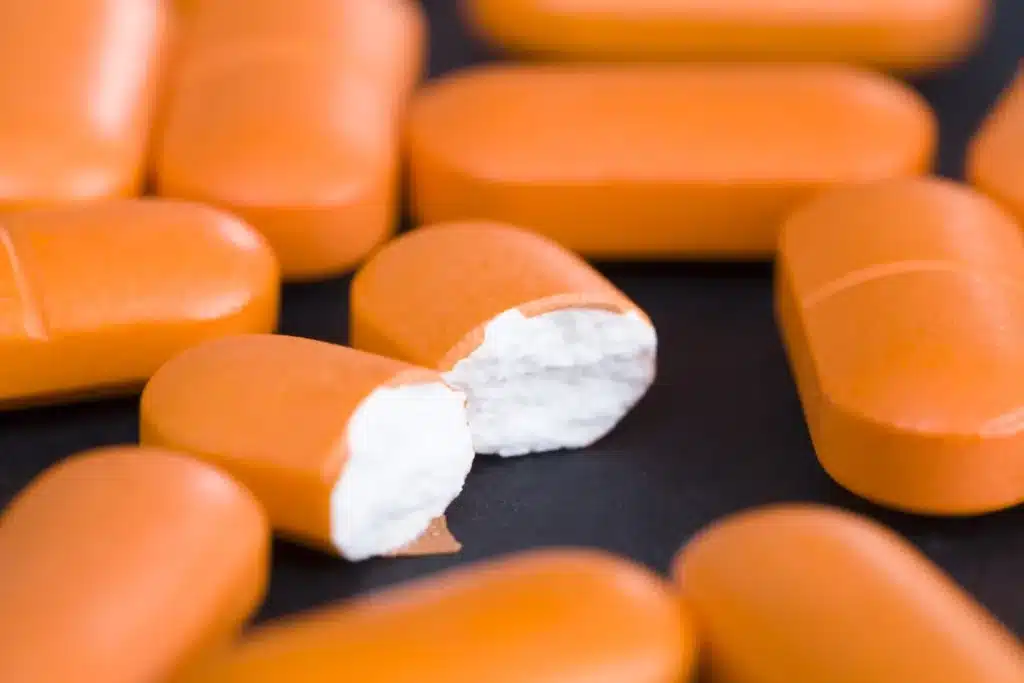Blackout Drunk: Signs, Causes, and Dangers

Drinking alcohol until you’re “blackout drunk,” leading to a temporary loss of memory, is common – especially among young people. However, alcohol blackouts can be dangerous and can lead to other problems, including engaging in risky activities while intoxicated and not remembering.
Key Points
- Blackout drinking involves drinking until you “blackout” or lose memories of what happened while you were intoxicated.
- Being blackout drunk is not passing out, which involves a loss of consciousness.
- Alcohol affects your brain’s ability to form and store memories, leading to gaps in your memory from when you were intoxicated.
- Blacking out has more risks than not knowing what happened, including driving or engaging in other activities while intoxicated.
- Drinking to the point of blackouts isn’t necessarily an alcohol addiction, but it can be a sign that your alcohol use is problematic.
What Is a Blackout Drunk?
Blackout drunk, or an alcohol-induced blackout, refers to drinking to the point of “blacking out” or not remembering what happened while you were intoxicated.[1] You have a memory gap from when you were drunk.
Some people confuse alcohol blackout with passing out from drinking too much alcohol, but there’s an important difference. Alcohol blackouts cause loss of memory while passing out from alcohol involves a loss of consciousness.
An alcohol-related blackout causes you to lose your memory without losing consciousness. You may interact with the people around you or engage in normal activities. The people in your company may not realize that you’re in a blackout and won’t remember the events the next day.
Blackout drinking can happen if you drink alcohol to the point of impairing the way your brain transfers memories from short-term to long-term memory.[2]
There are two different types of alcohol blackouts: a fragmentary blackout, also known as a “gray-out” or “brownout,” which causes gaps in your memory with some recollection of events, and a total blackout, which involves no recollection of events because the memories never formed or you can’t access them.[3] The second type of blackout, an en bloc blackout, can cause alcohol-induced amnesia that continues for several hours.
Though blacking out and passing out are different, you can drink to the point of blacking out and then passing out. If you lose consciousness from chronic alcohol consumption, it can be a sign of alcohol overdose and requires emergency medical attention.
Signs and Symptoms of an Alcohol Blackout
Identifying an alcohol blackout can be difficult because you may still engage in normal behaviors like driving a car, spending money, talking to others, or having sex. You just won’t remember what you did the next day because your memories have not formed or been transferred to long-term memory storage.
Alcohol blackout symptoms may appear similar to intoxication and can include:[4]
- Dizziness
- Difficulty speaking
- Headaches
- Muscle spasms
- Vision changes
What Causes You to Become Blackout Drunk?
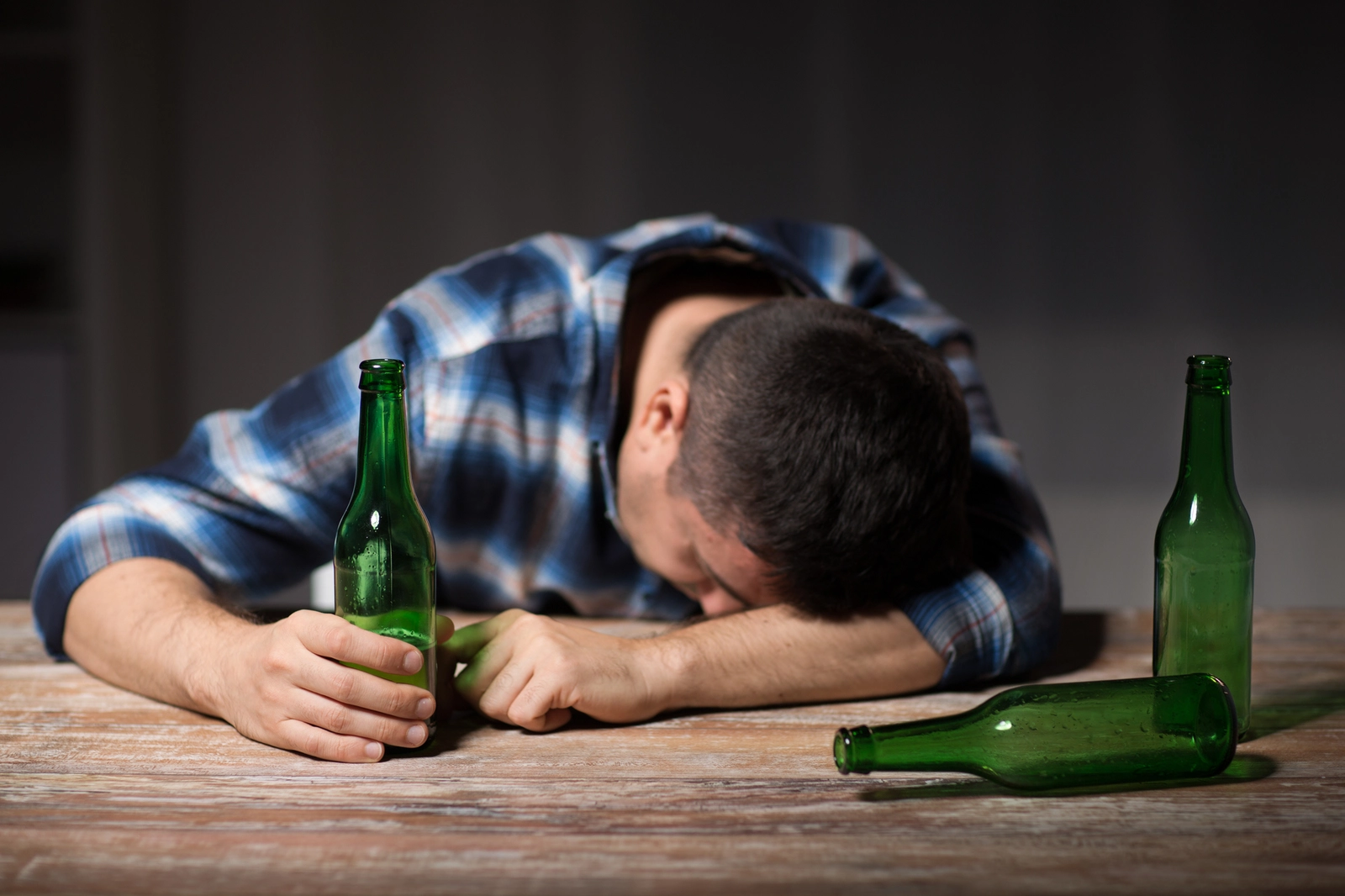
Blackout drinking may occur from binge drinking, but it can happen if you overindulge in alcohol or combine alcohol with benzodiazepines, opioids, or other depressants.
Binge drinking occurs when a man has 5 or more drinks or a woman has 4 or more drinks in 2 hours.[5] Binge drinking may also refer to a pattern of drinking that increases your blood alcohol concentration (BAC) to high concentrations, typically 0.08g/dl or greater. Alcohol blackouts can happen when your BAC is 0.16% or higher.[6] This often happens if you drink too much or more than you can process. Drinking quickly causes your blood alcohol level to rise rapidly, increasing the risk of memory loss.
What Happens During Blackout Drinking?
An alcohol blackout is anterograde amnesia, which means you can’t form or store new memories. The reason that blackouts happen isn’t well understood. However, it may be tied to the brain region responsible for memories, the hippocampus, and its inability to function properly.[7] Alcohol can change the way receptors in your brain behave, impairing steroid production. This can affect the connection between brain cells and may negatively impact learning and memory.
Combining certain drugs with alcohol, such as other depressants or sedatives like marijuana, z-drugs used for insomnia like Ambien, or benzodiazepines like Xanax, the risk of blackouts and memory loss is higher.[8]
Dangers of Binge Drinking and Blackouts
Alcohol blackouts may indicate a dangerous level of excessive drinking that carries risks. The short-term effects of excessive alcohol use include:[9]
- Alcohol poisoning (alcohol overdose)
- Accidents
- Injuries
- Violent behaviors
- Risky sexual behavior like unprotected sex
Heavy drinking or misuse over long periods can cause adverse health effects, such as:[10]
- Liver damage
- Heart disease
- Stroke
- Pancreatitis
- Certain types of cancer, including liver cancer or bowel cancer
Who Is at Risk of Being Blackout Drunk?
An alcohol-related blackout can happen to anyone if they drink excessively or quickly enough to increase their BAC to 0.16%. Blackout drinking can occur at lower BAC levels if you combine alcohol with other drugs, however. Binge drinking, drinking on an empty stomach, or drinking alcohol with other drugs cause the BAC to rise quickly, leading to blackouts.[11]
Because women have a lower body mass, they often reach high BAC faster than men and may be at an increased risk of blackouts. People who binge drink are at a high risk for blackouts, especially young adults like college students or teens who are more likely to engage in binge-drinking behaviors.[12]
Is Blackout Drinking a Sign of Alcohol Addiction?
Not necessarily. Blacking out from alcohol doesn’t necessarily indicate an alcohol addiction – or an alcohol use disorder – but it can be a sign of dangerous and problematic drinking behaviors. If you experience blackout drinking regularly, it may be time to assess your alcohol use.
Alcohol use disorder, as defined by the Diagnostic and Statistical Manual of Mental Disorders (DSM-5), has the following criteria:[13]
- Drinking alcohol in high amounts or over longer periods than intended
- Unsuccessful attempts to cut back or control alcohol use
- Spending a lot of time obtaining, using, or recovering from alcohol
- Experiencing cravings for alcohol
- Failing to fulfill major role obligations at work, school, or home from alcohol use
- Continuing alcohol use despite having persistent or recurrent social or interpersonal problems related to substance abuse
- Giving up important social, occupational, or recreational activities because of alcohol use
- Using alcohol in situations in which it is physically hazardous, such as drunk driving
- Continuing alcohol use despite knowledge of having physical or psychological problems
How to Avoid Alcohol Blackouts
If you’re concerned about alcohol blackouts and want to prevent the behavior, it’s important to drink alcohol in moderation or abstain from it completely. Here are some ways to use alcohol responsibly:
- Learn the standard drink, a 12-ounce beer, a 5-ounce glass of wine, or a drink with one shot of liquor, and limit your use.[14]
- Count your drinks to avoid overconsuming alcohol in a short period, which increases your BAC.
- Get friends and family to help you pace yourself and limit your drinking.
- Avoid people, places, and things that may cause you to drink more than usual.
Get Help for Alcohol Addiction
If you are blackout drunk often or have concerns about how you use alcohol, it may be best to get an evaluation from a mental health professional. Alcohol blackouts can indicate unhealthy alcohol use that can affect more than just your memory. Getting help early can help you avoid the serious risks associated with alcohol misuse and abuse.
